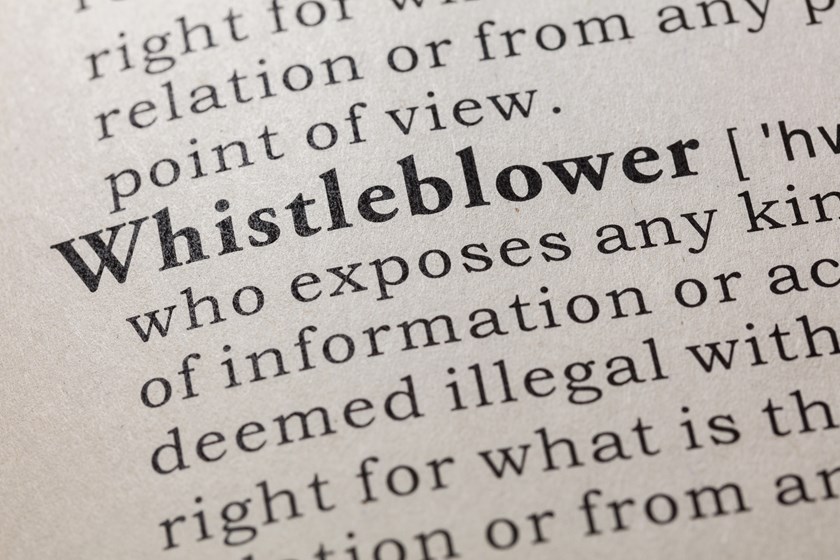Just a bit of banter? Seven snippets on inappropriate language in the workplace
Blog

Prime Minister Boris Johnson caused a political storm in Parliament earlier this month by calling Jeremy Corbyn a “great big girl’s blouse”, and was revealed to have described David Cameron a “girly swot”. It got me thinking about language in the workplace. In the real world, it is not uncommon for employees to make jokes at work. For the majority, it’s harmless and helps team bonding and maintaining positive relationships.
But what if, for example, Mr Johnson’s comments were said to a female colleague in the workplace instead? Could the comments be unlawful sex discrimination? What if an employee took offence to it and brought a complaint of harassment?
Such thoughts serve as a timely reminder about the potential pitfalls of inappropriate language in the workplace and the difficulty for employers when considering whether “banter” has crossed the line into inappropriate or unlawful behaviour. My seven snippets on workplace banter are:
- Discrimination legislation in the UK protects employees from “banter” which has the effect of violating their dignity or creates an intimidating, humiliating, hostile, degrading or offensive environment. Such conduct can amount to harassment if it is related to a relevant protected characteristic (age, disability, race, sex etc). Compensation is uncapped in Tribunals for such a claim so employers can face significant liabilities.
- A one-off incident can amount to harassment. The victim need not have made the perpetrator aware that the conduct was unwanted.
- Some might try to justify the behaviour on the basis that ‘it was just a joke’/‘it was intended to be humorous’. However, it is well established law that intention behind such conduct, even if it is to amuse, is no defence to a claim of harassment. It can still be unlawful if the effect was to cause offence, regardless of the purpose (though that may go to the gravity of it and therefore to the question of how far it is reasonable to dismiss for it).
- The Tribunal must consider whether it was reasonable for the conduct to have that effect – liability for harassment doesn’t arise if the Tribunal considers that the victim is hypersensitive.
- Such comments could still amount to misconduct even if they do not relate to age, disability, race, sex etc. If the language breaches an employer’s anti-bullying and harassment policy, the employee may still be subject to an internal disciplinary process.
- Employers can be vicariously liable for the actions of their employees – meaning the employer may be held responsible if an employee is found to have harassed a colleague. An employer will only have a defence if it took “all reasonable steps” to prevent the harassment occurring. There are a number of ways employers can create positive workplace culture and minimise their risk:
- Provide staff with regular equality and diversity awareness and anti-bullying and harassment training – including the different forms harassment can take.
- Implement policies on these issues. Communicate them to staff (beyond merely including a copy of the handbook in the induction pack) and take appropriate, consistent and fair action to enforce them in the workplace.
- Management should lead from the front and encourage staff to report any kind of harassment.
- Act promptly if and when issues arise and don’t allow them to fester. Allegations of bullying and harassment can lead to the raising of a formal grievance and potentially a claim of constructive dismissal – particularly if an employer fails to deal with a complaint appropriately.
If you require further information about anything covered in this blog, please contact Louisa Steele, or your usual contact at the firm on +44 (0)20 3375 7000.
This publication is a general summary of the law. It should not replace legal advice tailored to your specific circumstances.
© Farrer & Co LLP, September 2019







